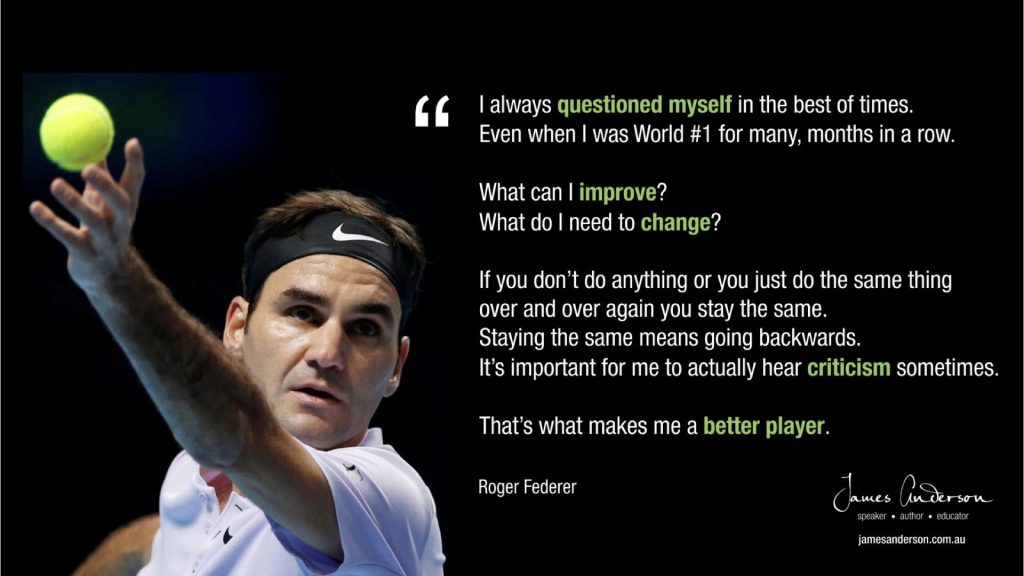We’ve spent years telling teachers to praise effort.
And with good reason. It’s a move away from praising natural ability, and toward valuing process. It sends the message that hard work matters.
But here’s the problem: not all effort leads to growth.
If we want students to improve—not just comply—we need to go further than “Well done, you worked hard.” Because if that’s where the conversation ends, we might be reinforcing the wrong message.
The myth of effort = results
There’s a damaging myth hidden inside a lot of well-intentioned praise:
“If you just work hard enough, you’ll succeed.”
That sounds like a growth mindset. But it isn’t.
It suggests that effort and results are directly linked—that more effort automatically leads to more success. And it quietly implies that students who aren’t succeeding must not be trying hard enough.
That’s not just misleading—it’s demotivating.
Where is the effort going?
Ask your teachers to pause and reflect:
Is the student’s effort going into the work—or into the learner?
There’s a big difference between polishing the task and growing the person doing it.
A student can spend hours decorating a poster, memorising a script, or re-copying notes—and call it effort.
But if none of that effort builds skill, stretches thinking, or strengthens strategy, there’s no growth.
It’s not the amount of time and energy students spend that matters. It’s how and where it’s spent.
The Learning Zone is where effort creates change in the learner—not just completion of the task.
Shifting our language
Instead of asking, “Are your students trying hard enough?” try:
“Are they learning how to invest their effort in the right place?”
Coach your teachers to shift how they respond to effort.
Instead of:
“I love how hard you worked on this.”
Try:
“You worked hard on something that stretched you.”
“You used feedback to refine your thinking.”
“You didn’t just work harder—you worked smarter.”
We’re not dismissing effort—we’re redirecting it.
Why this matters for school culture
If your school praises all effort equally, you’ll reinforce busyness.
But if you teach students—and staff—to evaluate where the effort is going, you’ll start building a culture that values growth.
Because effort isn’t the goal.
Growth is.
And growth only happens when effort is invested—not just expended.
So what do we do next?
Have this conversation in your next staff meeting:
Where is the effort going in our school?
Into the work? Or into the learner?
Because the students who grow the most aren’t the ones who try the hardest. They’re the ones who’ve been taught how to use their effort well.
I explore this in much greater detail in Learnership—including how the Effort Economy shifts the way we measure, model and reward effort at every level of school life.
How do you recognise effective effort in your school? What signals might tell you that students are investing effort strategically rather than just working hard?



